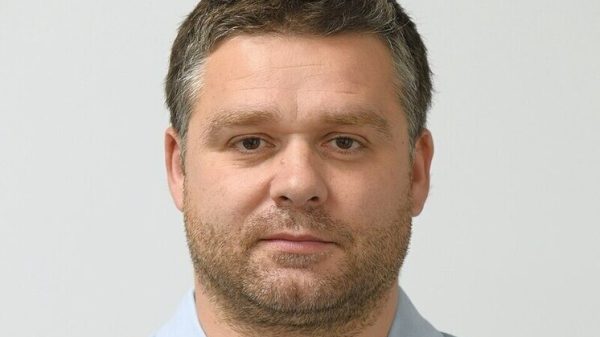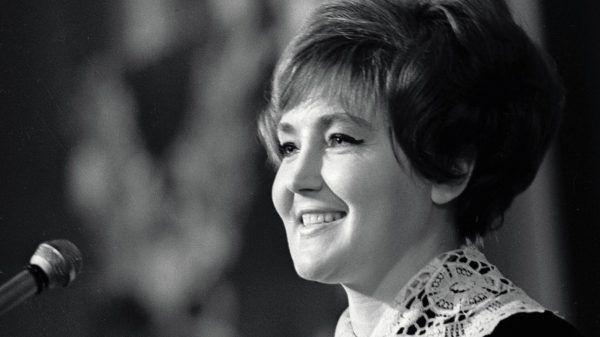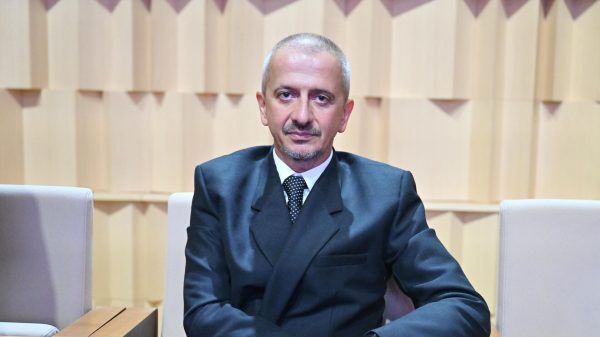“It’s not that I feel I have been abandoned, I think that is perfectly obvious,” says Rachel Pope. “If you speak to any long Covid patient, they have been abandoned.”
Until exactly a year ago – 5 March 2020 – Pope was “an incredibly fit woman”. A senior lecturer in European prehistory at the University of Liverpool, her work and lifestyle were very active. But after falling ill to Covid, she spent four months unable to walk, then three more when she could manage little more than “a sort of shuffle”.
She still has a host of symptoms, “but the most debilitating is the fact that I still can’t do more than 2,000 steps in a day. Until a few weeks ago, I was still choking every day. There’s a lot of nasty stuff that [long Covid sufferers] are living with, without treatment.
NHS may face a million long Covid patients after pandemic
Read more
“It’s not a great situation to be in. I mean, we didn’t die. But this isn’t exactly living either.”
A year into the pandemic, accounts such as Pope’s have become dispiritingly familiar, as the experiences of the many thousands who have struggled for months with long Covid, often alone and unsupported, are emerging.
But their stories still have the power to shock. Between June and September last year, Pope rushed to A&E three times with terrifying episodes that she describes as being “like a heart attack”. On one visit she was given medication for an inflamed stomach, but apart from that, she says, “I haven’t been prescribed so much as an aspirin in a year.”
She no longer bothers to call her GP when she has bad days, because “she just doesn’t have time. It’s been made very obvious to long Covid sufferers that we’re not critical, and unless we’re presenting with [an acute problem], there really isn’t the medical care for us.”
The health secretary, Matt Hancock, says he is “acutely aware” of the seriousness of long Covid, and late last year, NHS England announced 69 new specialist multidisciplinary clinics for long Covid, bringing together a range of specialist medics, physiotherapists and occupational therapists to address a condition for which more than 200 symptoms have been identified.






















































Свежие комментарии